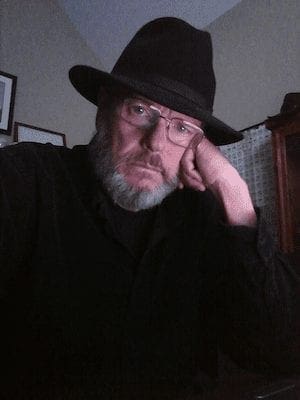It was my privilege to attend a briefing at the White House on Wednesday along with 60 other Baptist leaders.
Our stated purpose was to hear how the administration was willing to work with faith communities on common-good issues – that is, issues on which religious and nonreligious people might agree are important.
I will confess to being a bit suspicious about the timing. We are, after all, in an election cycle – in case anyone has not turned on their television lately. But I was wrong.
The meeting was refreshingly nonpolitical. There was a tone of nonpartisanship that dominated the discussion. And just so other skeptics might take note – if you get three Baptists in a room, you will have five opinions.
We were briefed by White House staffers on how the administration was seeking to address justice issues in America.
Everything from the environment to teen violence to preschool nutrition was on the table. The overall theme was how the faith community might intersect with government in promoting the common good.
I like that word “intersect.”
I was leery when President George Bush created the office of Faith Based Initiatives during his first term.
My fear then was that faith concerns would be co-opted for political purposes. And it turned out I was right.
According to David Kuo, who served as deputy director of the office of Faith Based and Community Initiatives in the Bush administration, the office was set up almost entirely for the purpose of seducing religious leaders to support a particular political agenda.
That’s his word, by the way. In his book, “Tempting Faith: An Inside Story of Political Seduction,” Kuo details how the Bush administration sought ways to “seduce” religious leaders into supporting his political goals.
But that is not what we heard this week. Instead, what was proposed was an ambitious vision of combining the considerable power of the federal government with the compassionate reach of faith communities.
We heard stories of people on the verge of losing their homes, and how the combined efforts of church and community found ways to keep that from happening.
We heard stories of how children of immigrants facing grave medical issues were able to find grace and help from a partnership of faith and community.
Anyone who has read my column knows that I am a stubborn believer in the separation of church and state.
No state entity has any business enforcing religious dogma, and no religious institution has any business seeking to enforce matters of state.
But there are places of intersection.
There are places where matters of faith and public life come together. The U.S. Constitution most certainly mandates a separation of church and state – even if it does not use that language.
However, there is no mandate separating faith from public life.
And if we can find ways to work within the structures of our political system to create a society that is just and humane, I cannot imagine that the God who composed the Lord’s Prayer would be unhappy.
Are there risks in this dance between faith and power? Certainly, there are.
But there is also the possibility that people of faith who are willing to speak the truth to power might influence the politics of the moment for eternal purposes.
When Amos declared to the king of Israel that righteousness should run like an ever-flowing stream, he stated the ideal, but he left the plumbing to the king.
Intersection.
JamesL. Evans is pastor of Auburn First Baptist Church in Auburn, Ala.

